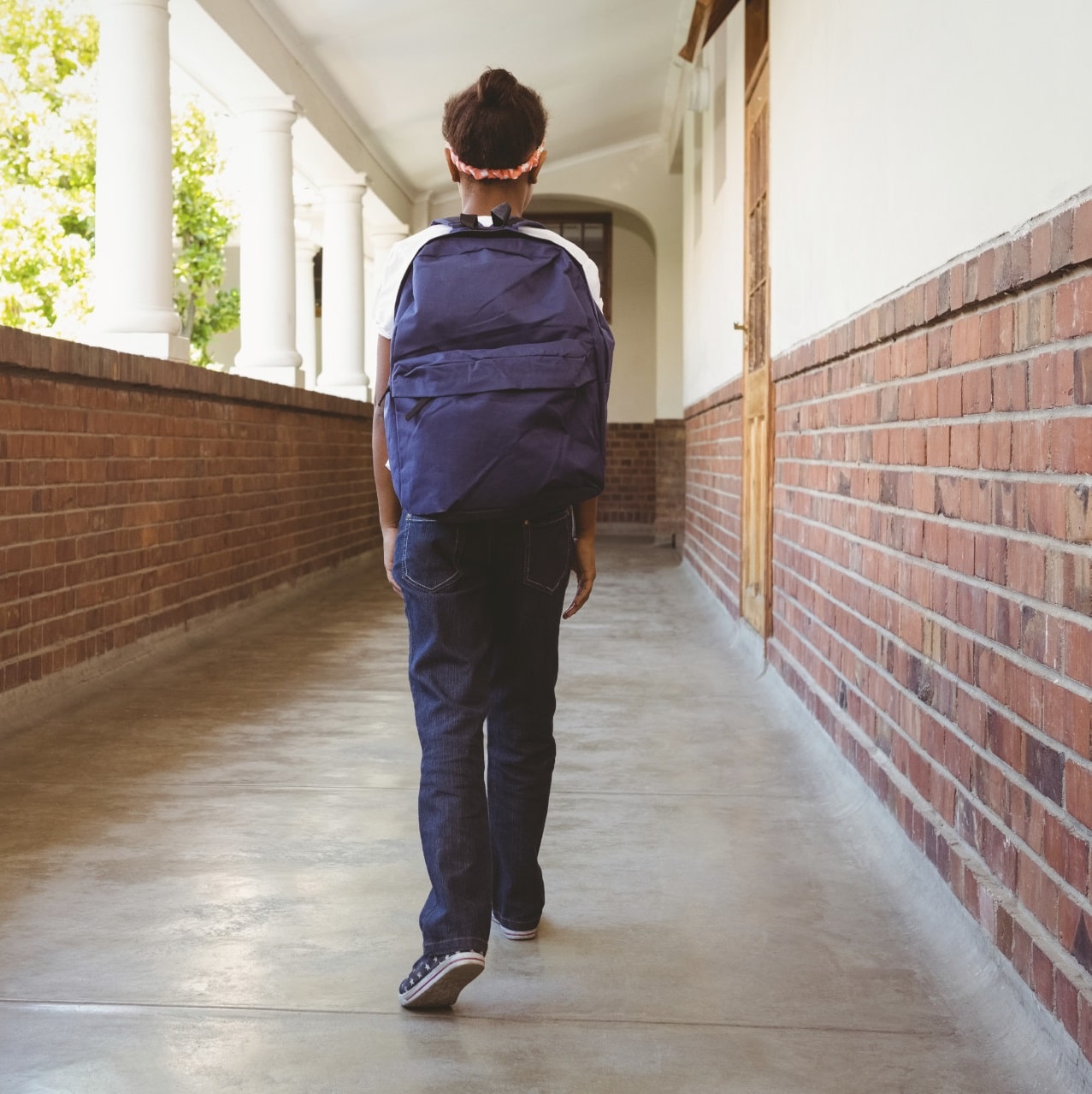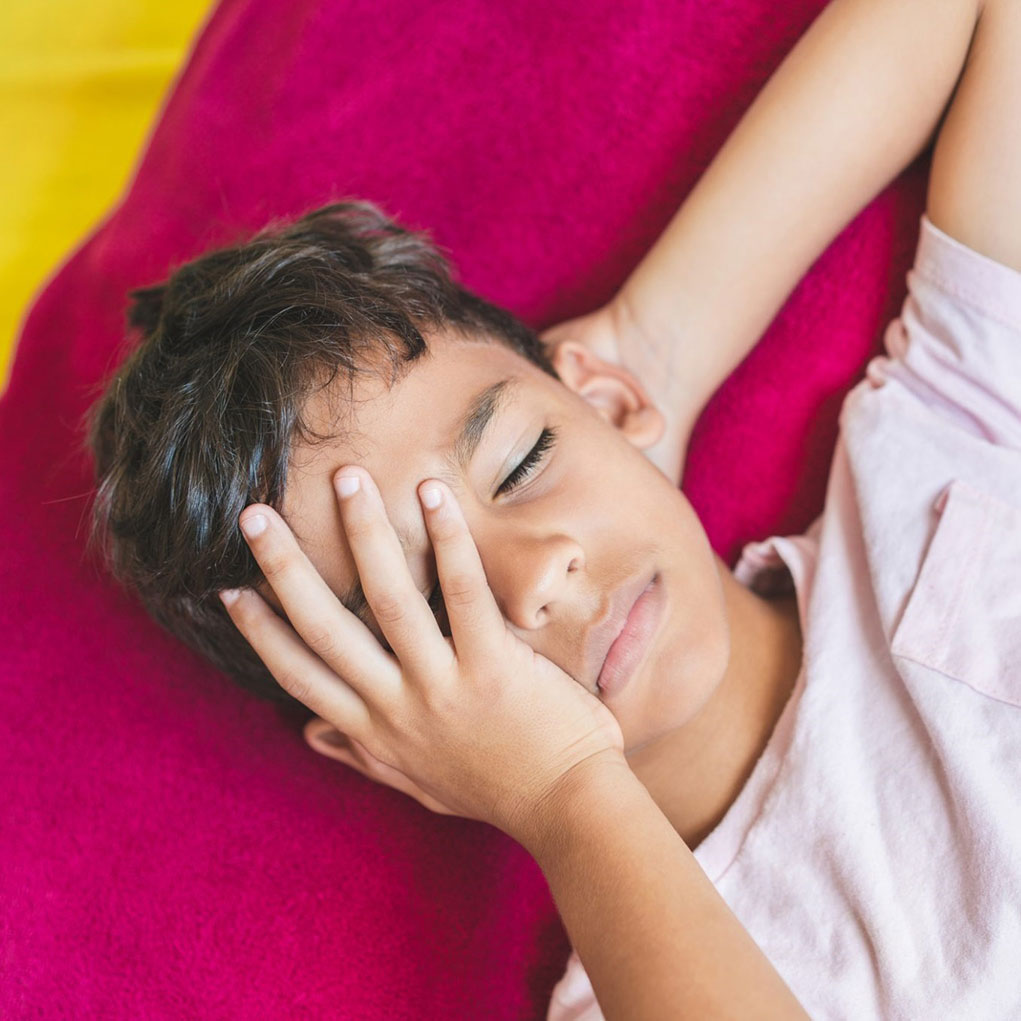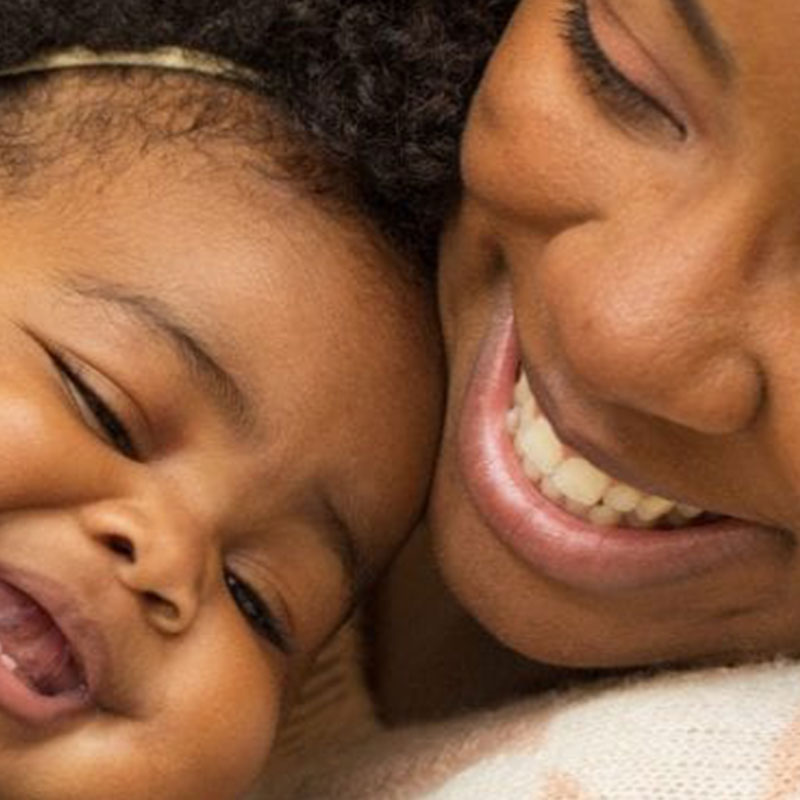Identifying and Addressing Child Abuse During the Coronavirus Pandemic

November 16, 2020
The Perfect Storm
The coronavirus pandemic, unlike any large-scale event in recent history, has produced a rare combination of factors that could lead to increased child abuse and neglect.
“In self-quarantine, emotions and situational stressors are heightened in a high pressure environment, where there are minimal protective barriers for victims because places to seek safety, like school or friends’ homes, are currently not available,” says Brett Biller, Psy.D, the Mental Health Director for the Audrey Hepburn Children’s House, (a state-designated Regional Diagnostic and Treatment Center) part of Hackensack Meridian Health.
While the number of reports of child neglect and abuse are lower than usual in many parts of the country, this is likely due to the fact that child advocates, such as teachers, social workers and doctors, do not have the usual oversight, visits, and access to children as they usually do.
Strategies to Identify Abuse in the Home
As described by Dr. Biller, in order to best monitor how a family is coping during quarantine, be observant and ask questions; this is your way to “open the blinds,” and remotely see inside the home.
On a video call, observe how the house appears: While it’s typical to see homes with children in disarray during quarantine, look for ongoing signs that go beyond messiness. Is perishable food sitting out after multiple calls? Is there an absence of food or do family members appear to be losing weight? Are there signs of pests or rodents? Do children appear significantly unkempt or not bathed?
Look for signs of increased frustration: This is a time of great stress for parents, ask questions to see how well a parent is coping. Ask questions like, “How are things going with the kids?” or “What are you getting to do during the day?” to shine a light on the realities of what’s going on in the home.
Speak with the children: Ask for time to speak with the children, and observe their reactions to who and what is around them, what is their level of focus and do they seem particularly stressed or emotional or is their behavior atypical?
Be understanding: If a parent is expressing desperation, be empathetic. It is normal for parents to express frustration with statements such as “being over it” or “giving up.” Red flags for a listener include over rigidity, persistent expression of negative emotions, inability to see beyond their immediate concern, and/or extreme frustration that suggest possible escalation to physical aggression.
What to Do When You Suspect Abuse
For any immediate dangers, your first line of defense is always contacting 911 or New Jersey’s child abuse hotline at 877-NJ-ABUSE. The New Jersey Department of Children & Families has also developed a QR code (pictured below) for providers and those serving the youth to share with children and families at risk of or who currently may be experiencing child abuse. By scanning the QR code using a smartphone camera, you will be redirected to access several anonymous hotlines that can listen and directly help.
Source: NJ Department of Children & Families
For those who observe an elevated stress in their friend’s or family’s home, it may be prudent to suggest scheduling a virtual visit with a medical or mental health practitioner. This provides a second opinion from another professional to assess the family dynamic and home environment.
As a community member, whether family, friend, educator, mental health provider, coach, etc., please reach out to families with whom you are familiar to check in, offer support, and assess how children and parents are coping.
Connecting with others, particularly via video technology, provides an opportunity to make meaningful observations of children and family.
Next Steps & Resources:
The material provided through HealthU is intended to be used as general information only and should not replace the advice of your physician. Always consult your physician for individual care.
Find a doctor near me
What Are the Effects of Cyberbullying?

Understand cyberbullying effects on kids. Learn how Dr. Alcera helps families cope. Get support and resources now.





